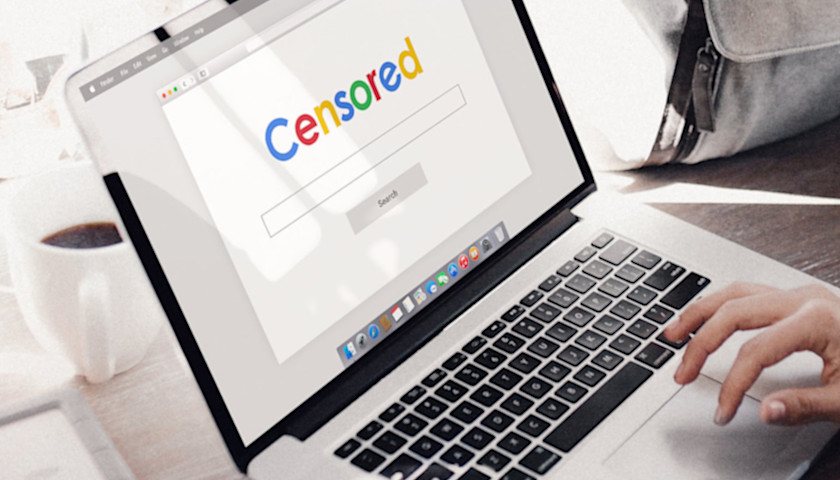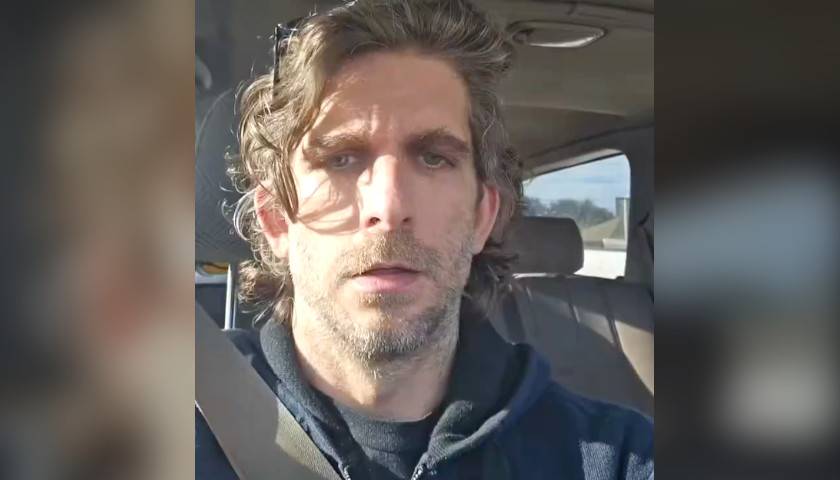by Jeff Giesea
A year ago, University of Georgia professor Cas Mudde took to Twitter and asked: “How do you manage to stay informed about political news and stay mentally balanced?” In his next tweet, he confessed too much time on social media was contributing to anxiety and depression.
With this, Mudde expressed a sentiment many social media users share. As we discuss policy issues tied to social media—tech regulation, free speech, foreign influence—we shouldn’t lose sight of the damaging psychological effects of today’s information environment. You may not want to hear this a week before the election, but social media addiction is a public health issue. Big Tech is the new Big Tobacco.
So what? Well, maybe the simplest solution to social media-induced wreckage is right in front of us: moderation. Spend less time online, both personally and collectively.
Public health could be one of the most powerful strategies for restraining the power of Big Tech. And it would save lives.
A Society of Addicts
As the Netflix documentary “The Social Dilemma” chronicles, social media companies are engineering us into a nation of addicts. The consequences aren’t pretty. A 2017 study estimates that 210 million people suffer from social media addiction. Other studies have found a negative correlation between social media addiction and life satisfaction. Those who tweet constantly and post fabulous Instagram pics may suffer more than others, despite appearances to the contrary.
“Peer influence,” of course, is the name of the game. Let’s not forget social media germinated in the highly competitive milieu of elite college students by way of Facebook. The mechanics of social media seem to keep us in a state of permanent adolescence, competing for ephemeral chits of online peer approval when we should be focusing on real-world problems like tent cities and deaths of despair. Social media is the perfect addiction machine. “Just one more selfie to take the edge off.”
Unsurprisingly the young are the heaviest users of these platforms. Ten percent of teens check their phones more than 10 times per night. One study found that teens who spend five or more hours on their phone a day were almost twice as likely to exhibit depressive symptoms than counterparts who spend one hour on their phones.
Young, single women are more addicted to social media than any other group, which may explain their higher rates of depression. What does this mean for society as these women age into maturity?
Social media addiction is deadlier than most realize. The National Safety Council estimates that 26 percent of all car crashes involve cell phones. Teen suicide is up 57 percent since 2007 in eerily direct correlation to the growth of social media.
Symptoms of depression likewise increased by 52 percent between 2005 and 2017 among 18 to 25-year-olds, according to a study by the American Psychological Association—which cited digital media as a contributing factor. There’s a lot of suffering behind those selfies and hot takes.
Beyond Suffering
My journey has taken me from publicly predicting the weaponization of social media in geopolitics, to cheerleading pro-Trump media, to helping find solutions for the social and political impact of social media. There’s a realpolitik aspect of today’s information environment. I’ve seen firsthand the damage it can cause to an individual.
It is tempting to blame one set of people or another for our toxic information environment, but there’s a long history of new media causing massive social disruption. Consider, for example, the connection between the printing press and the Thirty Years’ War as a warning from history.
Like the printing press, social media brings many positives. It has broadened democratic discourse, created new ways to connect and communicate, and unleashed new entertainment and educational opportunities accessible at any time and place. More than half the global population now uses social media.
It has become trendy among some journalists to portray today’s information environment as a dystopia. A growing number are challenging First Amendment protections. “Too much information is corrupting the marketplace of ideas,” the thinking goes. “Free speech is being weaponized against democracy.” As much as I disagree with this assessment of the zeitgeist, I do agree our relationship with social media isn’t healthy.
The First Step: Admit We Have A Problem
My personal solution is to take breaks. This month my “sober October” includes no alcohol or Twitter.
Alcohol and social media are more similar than might seem to be the case at first. Both are socially ubiquitous, trigger physiological reactions, and are used as psychological copes. Both have consequences for over-use. With alcohol you get hangovers and bloating. With social media you get anxiety and depression.
The Naked Mind is a popular book among those going sober. It is remarkable how applicable its content is to social media addiction. The book’s goal is to empower people to define their relationship with alcohol on their terms, to rewire the unconscious triggers driving their behavior. Sound familiar?
“Alcohol is the only drug on earth you have to justify not taking,” writes author Annie Price in the book, pointing to its ubiquity in our culture. “Not true,” I thought when reading this. Social media is even more intertwined in our personal and work lives than alcohol. For many people, our very livelihoods depend on our presence on these platforms. We are like bartenders with drinking problems.
There’s an urgent need to bring more consciousness to how we use social media, both individually and collectively. The first step, I believe, is to admit we have a problem and exercise some moderation. Another tweet, another selfie, another “new connection” or “viral moment” isn’t the solution, just like a morning shot to take the edge off isn’t what the problem drinker needs.
This is where I see opportunities for social and public policy solutions—to nudge us toward moderation. We need to confront social media addiction as the public health crisis it is. We need to restrain the power of Big Tech to spread mass addiction, in addition to all the other reasons for restraining its power. Besides, why spend so much time on platforms that hate you?
Just as with alcoholism and other addictions, a nagging question hangs in the air for many of us: is moderation even possible?
– – –
Jeff is an entrepreneur based in Washington, D.C.
Photo “Google Censorship” by Mike Mackenzie. CC BY 2.0.




